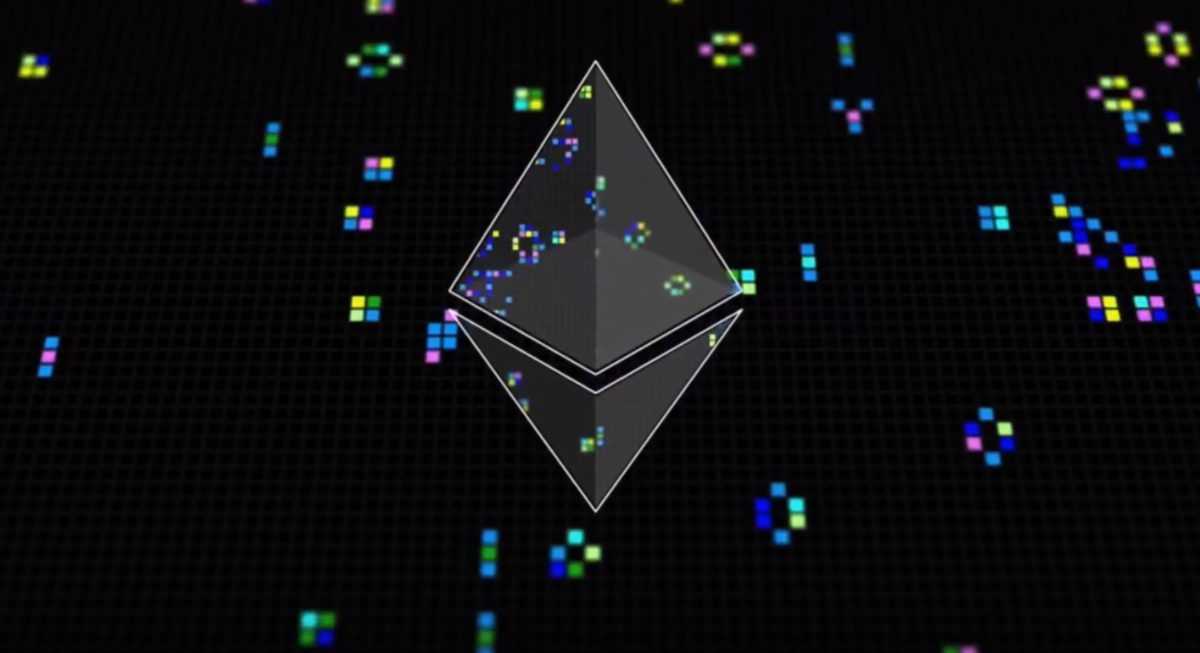
Ethereum EIP-7781 Proposal: Slot Time Reduction
A new Ethereum proposal, EIP-7781, advocates for the reduction of the blockchain’s slot time from 12 seconds to 8 seconds. This slot time indicates the interval at which new blocks are suggested on the Ethereum network. By shortening this interval, more blocks could be produced in a given period, thereby increasing the network's efficiency. Researcher Ben Adams, who introduced the proposal, emphasized its goal of reducing latency for rollups, which are Layer 2 scaling solutions that utilize Ethereum's sequencing capabilities. The expected outcome is a transaction throughput boost of approximately 33%. The strategy is similar to raising the gas limit per block from 30 million to 40 million or increasing blob capacity from 6 to 8, but it seeks to achieve these enhancements without elevating peak bandwidth requirements that could stress resources. If this proposal is implemented, it would lower the slot time instead of increasing either the gas limit per block or blob capacity. As the size of each block remains unchanged, the peak bandwidth—the highest data transfer rate needed at any point—would not increase. Currently, the proposal is undergoing initial review and discussion as part of Ethereum’s ongoing commitment to enhancing network scalability.
FAQ
❓ What is Ethereum's slot time?
Slot time is the interval at which new blocks are proposed on the Ethereum network.
❓ How will reducing the slot time affect transactions?
Reducing the slot time is expected to increase transaction throughput by about 33%.
❓ What are rollups in Ethereum?
Rollups are Layer 2 scaling solutions that enhance Ethereum's transaction capacity by bundling multiple transactions.